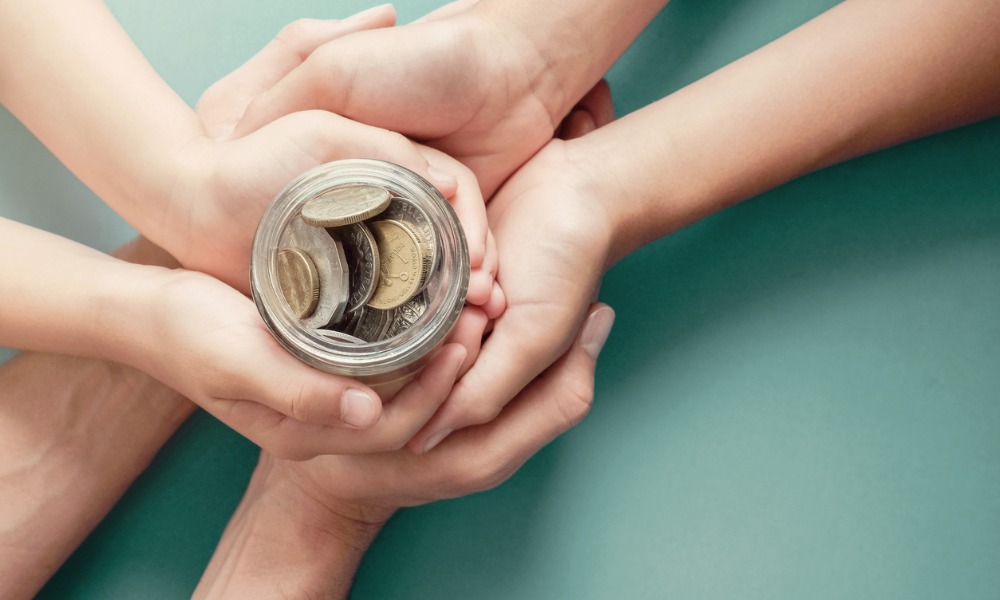RBC report shows that Canadians have held on to the cash pile they amassed during lockdowns, but for lower income households it may be eroded

The pandemic helped millions of Canadians build up their savings through government support and fewer opportunities to spend.
While some will have used the amassed cash for a major purchase or everyday expenses in the time since, a new report from RBC calculates that savings of around $350 billion above pre-pandemic levels was still in savings accounts by the end of the third quarter of 2022.
However, the rising cost of living and an anticipated recession means that lower income households’ savings are likely to be eroded, while higher earners will be unlikely to spend what they have saved.
RBC forecasts the cost of servicing debt to rise to 16% of household disposable income by the end of 2023, and notes Statistics Canada data showing that the lowest 40% of income earners have actually saved more by borrowing less in recent years.
Higher earners have increased the amount that they save, and the report predicts that they will continue to save as consumer confidence weakens, typically resulting in a pullback from spending.
Avoiding recession
While there may be money saved by wealthier households, even they feel less wealthy due to the current economic conditions.
Therefore, RBC’s assistant chief economist Nathan Janzen and economist Claire Fan are not expecting a spending frenzy, quite the opposite.
RBC is still calling for a moderate recession in the first half of 2023 as interest rate rises – although seemingly paused after this week’s hike – take a toll on consumer spending.
Although the economists acknowledge that the savings of higher income households, which is the equivalent of 4.5 years of pre-pandemic food and restaurant spending, would be enough to boost the economy, it is not the base case and would tend to fuel inflation anyway, leading to a more severe recession later.



